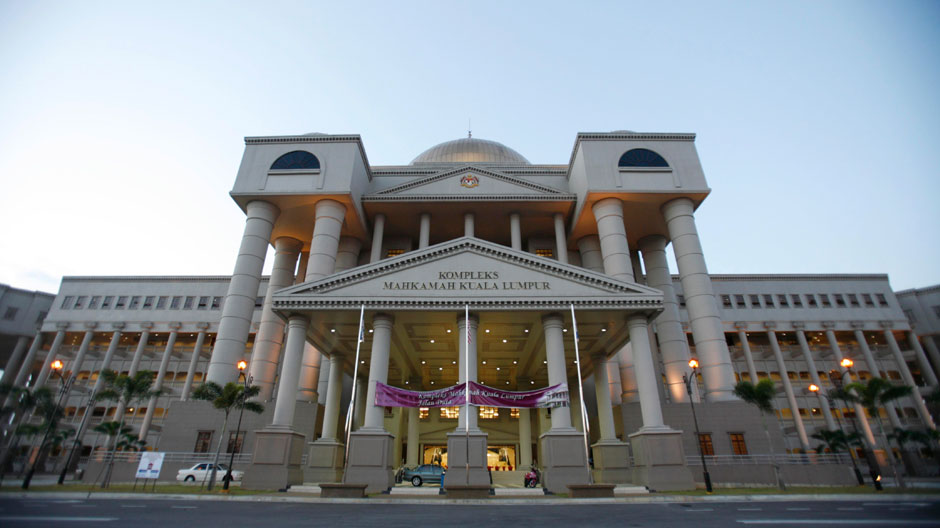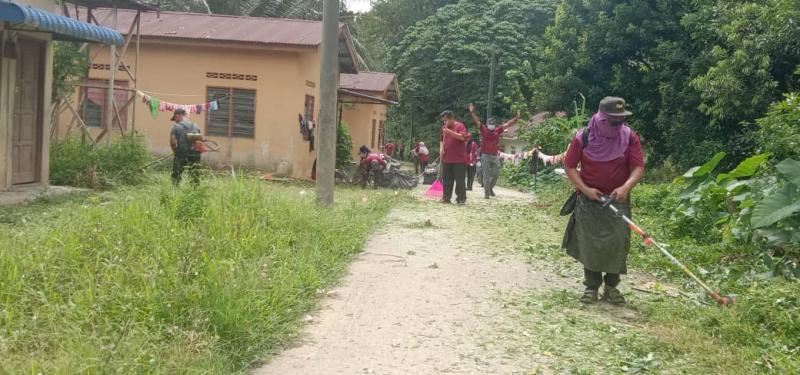137 Orang Asli Seek To Nullify Their Islam Status & Claim They Were Forced To Convert
The villagers have sought a court order against the federal government for the impeachment of their rights.
137 Orang Asli from the Bateq Mayah tribe in Pahang have turned to the civil court to nullify their Islam status, claiming a mass conversion was done by force 30 years ago
According to New Straits Times, the tribe hail from Kampung Bencah Kelubi, which is also known as Kampung Tom Ki Ying in Merapoh, Kuala Lipis.
The villagers, through law firm Messrs Fahri, Azzat and Co, have filed a suit against a man named Bakar Unus, the Orang Asli Development Department (JAKOA), the Pahang Islamic Religious Council, the Pahang state government, and the federal government.
The villagers said that the alleged conversion took place over three decades ago, sometime in April 1993 with 56 of the villagers being there at the time of the incident. A total of 57 other villagers involved are the descendants to the 56, who were yet to be born.
The villagers claimed that the mass conversion was wrongful and illegal, as they had initially refused to do so
According to Free Malaysia Today, the villagers claimed that a representative from JAKOA met with them one day and asked them to convert to Islam.
Upon their refusal, a man named Bakar went to their village and threatened them by telling them that their crops would be destroyed, they wouldn't be allowed to live in the village any longer, and that those who escape into the jungle would be caught and tortured.
The villagers then parroted the kalimah shahadah (the Islamic proclamation of faith), which they did not understand, after being forced by Bakar.
"They were fearful of their lives as they had nowhere else to live," the statement of claim read, as reported by New Straits Times.
After the recitation, they said that Bakar and several JAKOA officers took down their names and left, returning in a few years after the conversion to take their photographs, and assist them in filling up application forms for identity cards.
The tribe claims that despite the conversion, they continued practicing animism
Despite the conversion, none of the villagers professed or practised the religion of Islam, but instead continued to practise their own cultural and animistic religious beliefs of the Bateq Mayah aboriginal group.
"The first to 56th plaintiffs were given Muslim names that they did not agree with. As the villagers could not read, they did not understand what was stated on the identity cards," they said in their statement of claim, as reported by Free Malaysia Today.
The villagers contended that JAKOM had failed to protect their way of life from modernisation and exploitation, as per the Aboriginal People's Act 1954.
According to Malaysiakini, the villagers added that in 2004, they approached the Human Rights Commission of Malaysia (SUHAKAM) for help regarding the matter, to which they assisted by writing the 2013 report entitled, 'Report of the national inquiry into the land rights of indigenous peoples', which neglected to mention the 1993 mass conversion.
The group then met lawyer and activist Siti Kasim for legal assistance in 2016, claiming that JAKOA and the Pahang government had failed their fiduciary duties.
"The defendants wrongfully exploited their influence over the aboriginal villagers and, in breach of their duties to them, illegally used duress to convert them to Islam," wrote the claim.
The villagers are also seeking compensation for the breach of their constitutional rights
In addition to revoking their Islam status, the villagers are also seeking for the damages to be assessed by the court, 5% interest on the awarded judgement sum, and any other relief deemed by the court, reported Malaysiakini.
The High Court in Kuala Lumpur has scheduled 17 April for case management to transfer the villagers' civil action to the High Court in Kuantan.


